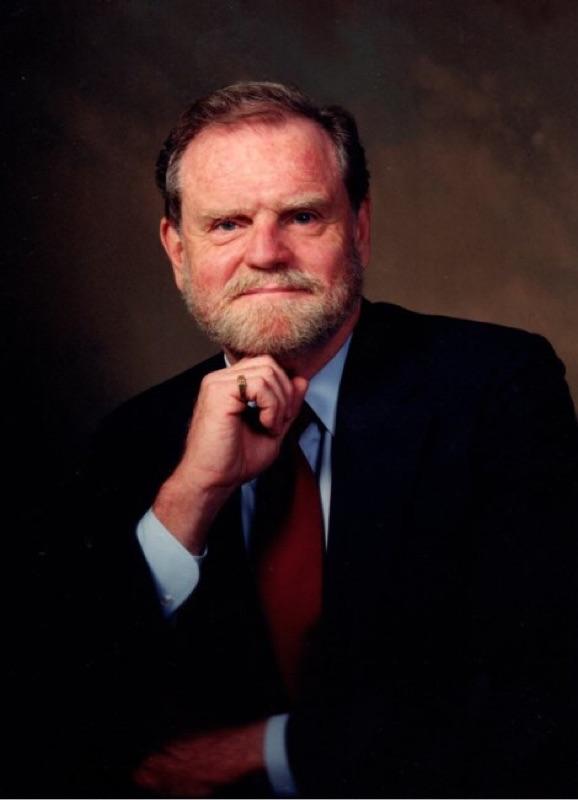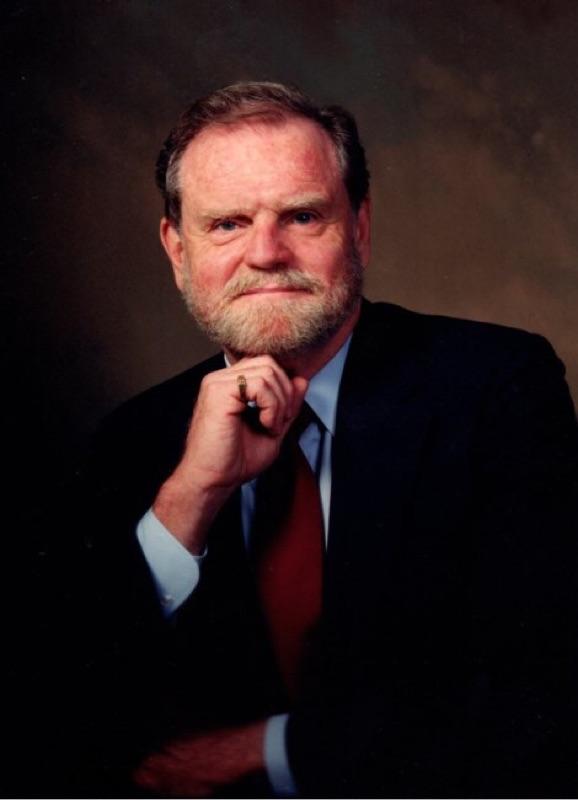Teaching For Learning (The 4 Levels Of Teaching)
Curated from: wordsfitlyspoken.org
Ideas, facts & insights covering these topics:
6 ideas
·1.39K reads
26
1
Explore the World's Best Ideas
Join today and uncover 100+ curated journeys from 50+ topics. Unlock access to our mobile app with extensive features.
A few are gifted with the ability to teach well without working at it. Others must learn the skill. For most of us, learning how to teach means studying and practicing and seeing what we did right and wrong.
MARTIN M. BROADWELL
23
380 reads
The Unconscious Incompetent (The Ignorant)
[There are] four levels of teaching: at the bottom is the “unconscious Incompetent.” This poor creature is a very poor teacher, but doesn’t know it. He goes on in the same old way, perhaps lecturing in a dull, monotone manner, unaware that he is wasting his time and the students’. We can do nothing towards improving this fellow, because he can’t be changed until he reaches the next level, which is the “Conscious Incompetent.”
22
244 reads
The Conscious Incompetent (The Aware)
Now we have a fellow that is bad, but fortunately, knows he is bad. He is looking for help, and the chances are pretty good that he will find a way to improve his methods. He is willing to try something new; he is willing to admit that maybe he isn’t getting through to his students. We can work with him because he wants to become better. If we can show him the tools of the trade, he will start getting results, and he will know why. This means he now has been raised to the third level, the “Conscious Competent.”
21
190 reads
The Conscious Competent (The Learned)
This person is a good teacher and knows why. He knows what will work and what won’t for him. He has experimented, changed, measured, reviewed and constantly looked for more and better ideas. This fellow knows his capabilities and his limitations. He knows about teaching. He probably would make a good teacher trainer.
20
184 reads
The Unconscious Competent (The Master)
There is a final level, though, and it is one that gives us a hard time, because he is the fellow that is a good teacher by nature. Somehow he just always does the right thing, says the right thing and gets the right results. The trouble is, he doesn’t know why he does what he does. He is in the small class of people we will call the “Unconscious Competent.” He’s good, but he doesn’t know what it is that makes him good. The one teaching assignment that he would probably fail at would be in trying to teach others how to teach.
18
171 reads
The only bad thing about having [Unconscious Competent] people around is that it leads folks to say, “Well, good teachers are born, not made. You either have it or you don't.” If we haven't accomplished anything else in this series, I hope we have proven that such a statement as this one is very, very untrue.
We can all teach somebody something.
MARTIN M. BROADWELL
19
225 reads
IDEAS CURATED BY
CURATOR'S NOTE
The 4 Stages of Competence are a learning model that describes the various psychological stages we go through when learning a new skill: Unconscious competence (ignorance), conscious incompetence (awareness), conscious competence (learning) and unconscious competence (mastery). Its origins can be traced back to management coach Martin M. Broadwell. He developed the model to describe different levels of teaching in the 1960s. It was published in periodical form; this is the original 16th and last part of the series.
“
Similar ideas
20 ideas
SEVEN LEVELS OF BEING
sufipathoflove.com
1 idea
ZANSHIN: LEARNING THE ART OF CONCENTRATION AND FOCUS
shouryoryx.wordpress.com
3 ideas
Read & Learn
20x Faster
without
deepstash
with
deepstash
with
deepstash
Personalized microlearning
—
100+ Learning Journeys
—
Access to 200,000+ ideas
—
Access to the mobile app
—
Unlimited idea saving
—
—
Unlimited history
—
—
Unlimited listening to ideas
—
—
Downloading & offline access
—
—
Supercharge your mind with one idea per day
Enter your email and spend 1 minute every day to learn something new.
I agree to receive email updates


